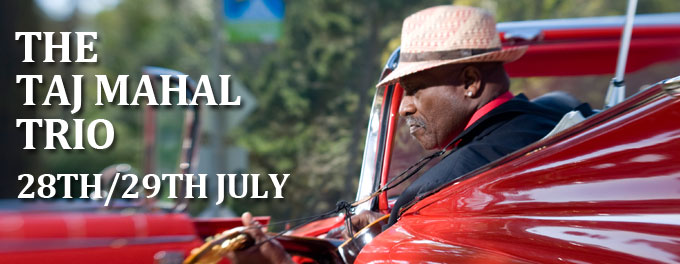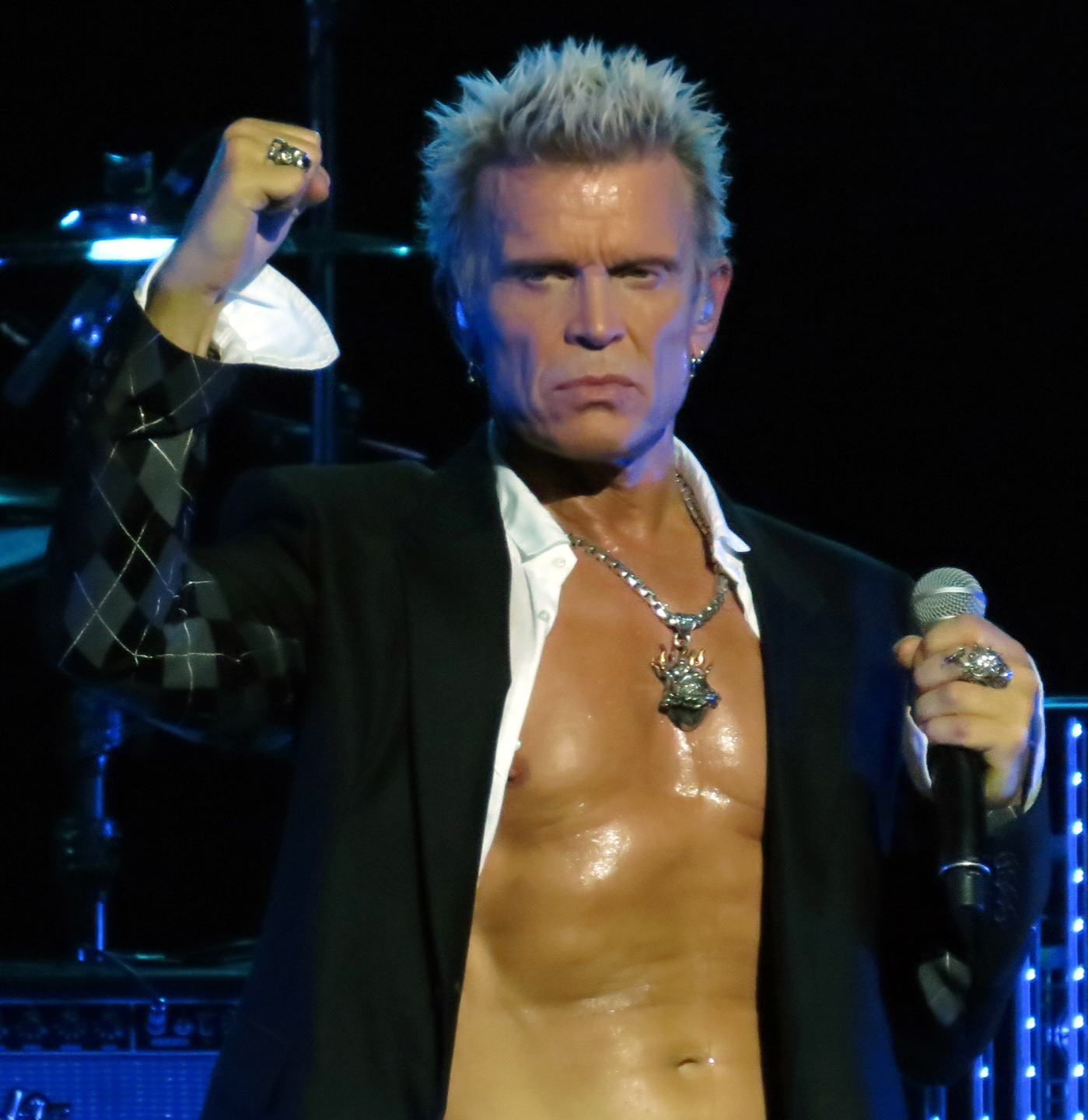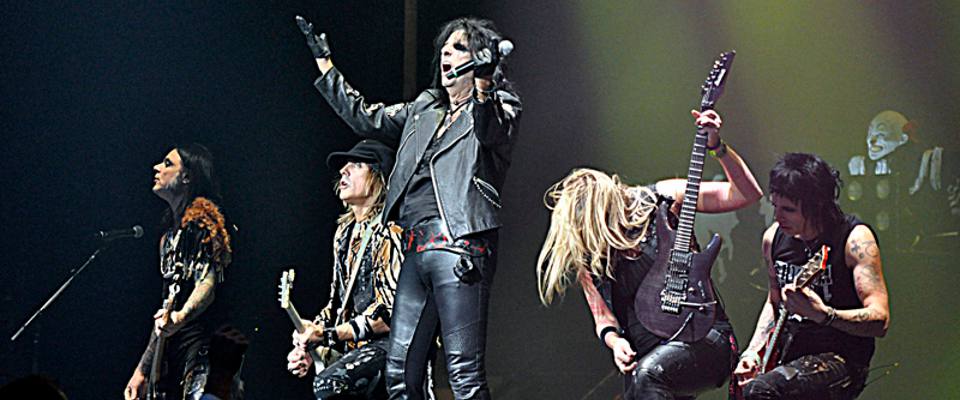
by Alissa Ordabai
– Senior Columnist —
July 29 2013 at Under the Bridge Club in London, United Kingdom —

Trends come and go, chopsmen appear and drop out of sight, but the raw, direct energy of Taj Mahal’s connection to the Earth itself stays untouched by time. Channeling the organic power of roots music for 50 years running, he keeps its elemental truth unaffected by personal and global transfigurations.
Most often described by critics and musicologists as a blues musician, Mahal fulfills more these days than the torch-bearing duty or the honorable role of lineage keeper. And tonight’s set became a proof to his panoramic sway over the expansive terrain of Americana – starting with “Good Morning Little Schoolgirl” to bluegrass instrumentals, country blues, and even a one-off excursion into a reggae-inspired psychoactive improve.
One thing that pops in mind when you watch Mahal live is how insistently popular music has always been trying to claim that special connection with the primordial realm – from Morrison’s Lizard King declarations to subtler hints by English hard rock pioneers. But Mahal doesn’t need to issue press releases for what reveals itself so obviously and so powerfully when you see him on stage.
“Strong Men Holler” became one of those witchy numbers this evening – entranced faces and jaws dropping in the audience left and right as he growled his magnetic invocations. A haunting groove, the subtle menace of the lyrics, and the deep, richly imbued voice came together to take you out of the here-and-now.
They call it the blues, but neophytes who imagine the genre as either as a lament or a mating call (or both), tonight had a chance to witness magic of the highest order. Go see Taj Mahal live, and you won’t need Aleister Crowley to tell you that the truth is never archaic, that linearity of time is an illusion, and that humanity has been falling under the same spells since time immemorial.
But while Mahal can transmit the archetypal energy so compellingly, he is still at his best when layering one mood over another, turning seemingly simple tunes into vistas of far-sighted depth. Some punters danced to the wistful strut of “Corinna” but most froze under its bitter-sweet haze. Longing, reproach, and knowingness fused so terrifically, you forgot the simplicity of the devices that called it all forth – Mahal’s guitar, his voice, the bass, and the drums.
Switching between the acoustic guitar, the banjo, and the keyboard, Mahal sounds fabulous playing all of his instruments, but his voice still remains the biggest draw. Now that the old Delta masters are gone, he remains one of the few whose delivery instantly takes you back to the headwaters of the genre. Traveling between the present and the past he arrives at timelessness at the heart of the tradition and at the same time expresses his full self. It’s hard to think of anyone else whose essence would match so precisely the code of his culture.



